On Oct. 11, 1972, an uprising took place at the Washington, D.C. jail. Inmates took 12 hostages, including the Corrections Director.

Inmates shouting to reporters and others gathered outside the D.C. jail. Source: Washington Area Spark and DC Public Library, Star Collection, © Washington Post, All Rights Reserved
They demanded juveniles be housed separately from adults, decent food be provided, overcrowding be addressed, and more.
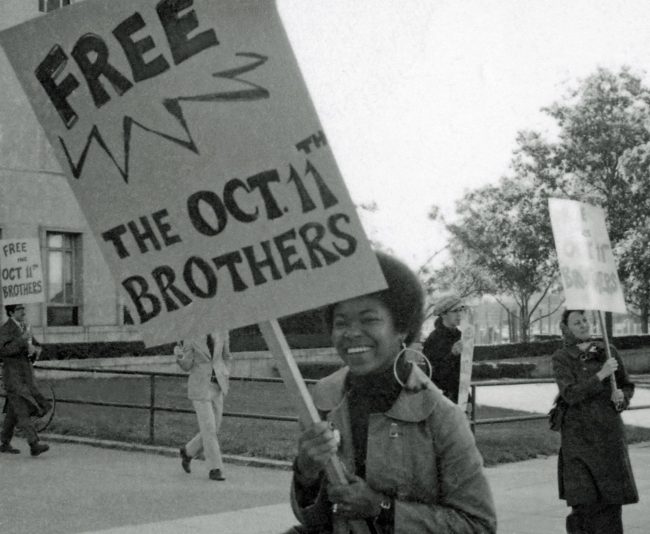
Demonstrator outside courthouse in 1974 where the inmates faced charges for trying to escape, even though it was a protest over conditions and they had been promised immunity. (c) Reading/Simpson, Washington Spark
At the inmates request, U.S. Representative Shirley Chisholm (New York), D.C. School Board President Marion Barry, and other community leaders went to the jail and met with the inmates.
At the Washington Spark, find a more detailed description and photos, including the following:
On October 11, 1972, an uprising took place at the old D.C. jail, located at 19th St. and Independence Ave. SE. Prisoners took eleven hostages, including Corrections Director Kenneth Hardy and demanded juveniles be housed separately from adults, decent food be provided, and overcrowded conditions among other demands.
The Washington Post quoted one prisoner, “We remember what happened to George Jackson, we remember what happened to Jonathan Jackson, his brother. We remember what happened at Attica. . .”
Another said, “This is a revolutionary act, man. This is an act of rebellion against the system. This is an act for respect and for us to be treated like men, not like animals in a cage. This is a positive action.”
After an emergency court hearing and negotiations that involved a number of city officials, an agreement was reached to improve conditions and grant amnesty to all involved. All hostages were released and no one suffered serious injury. Continue reading at Washington Spark.
Stories of prisoner activism are central to U.S. history, yet generally missing from textbooks. Below are resources for teaching about the Attica Prison Uprising and incarceration today.

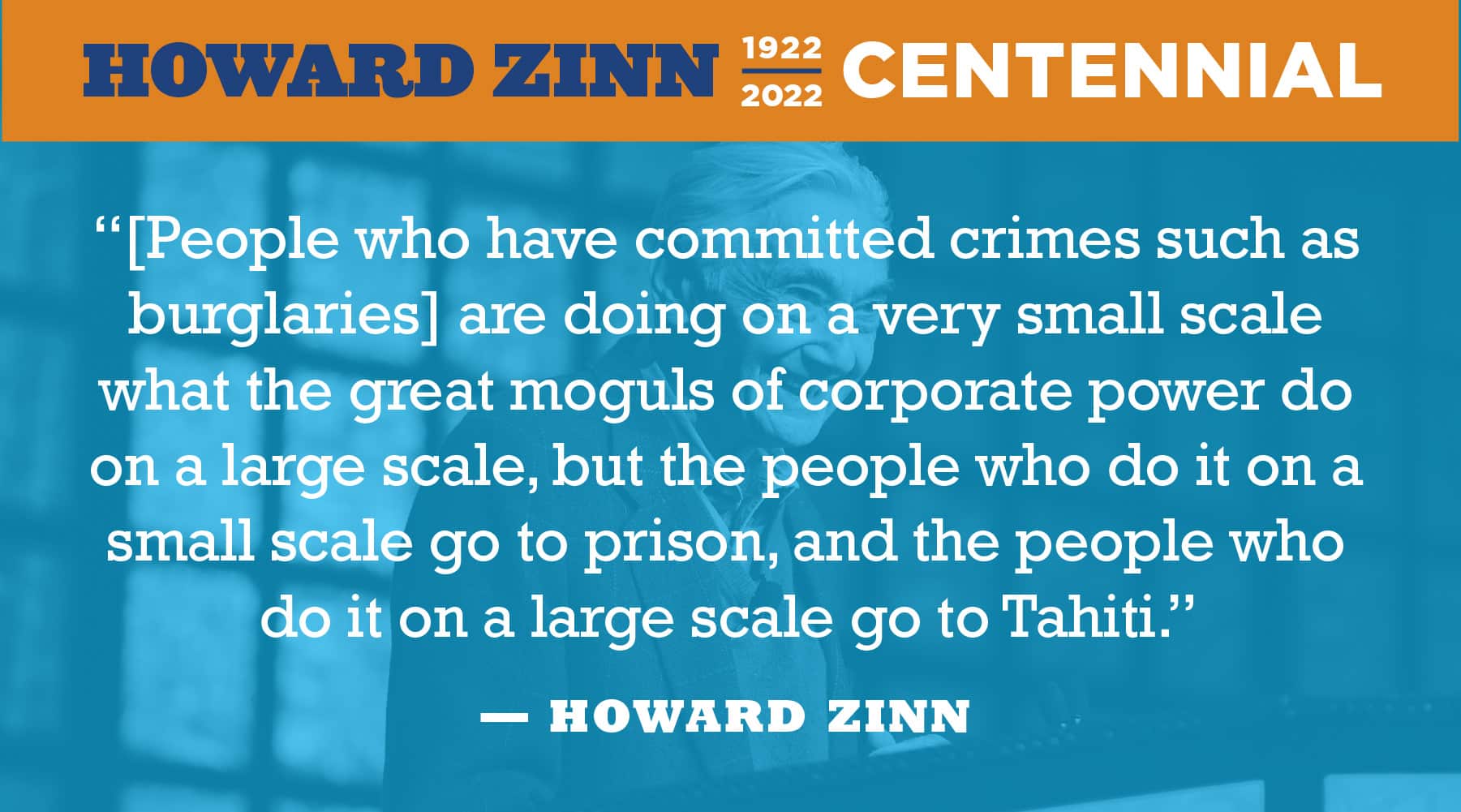


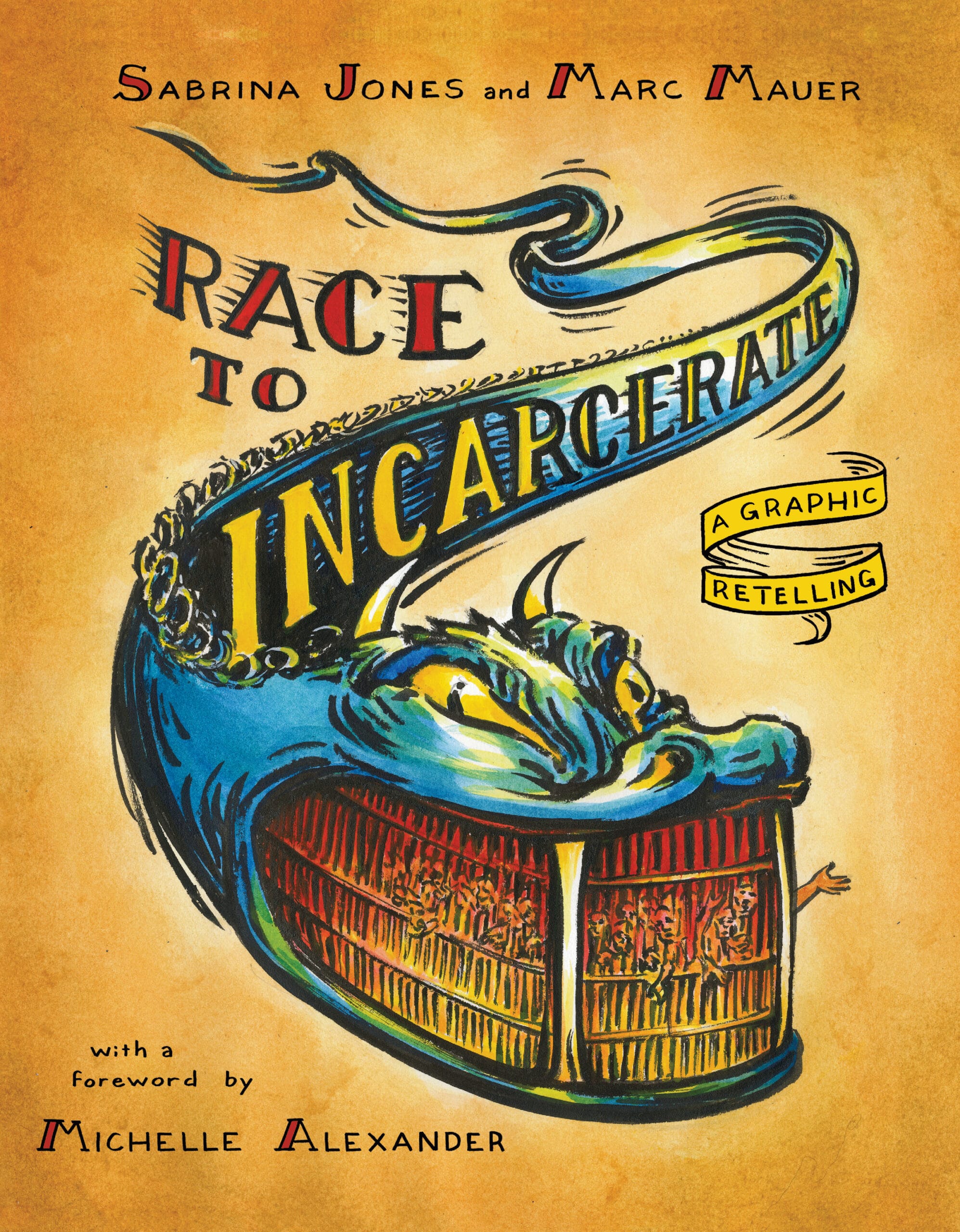
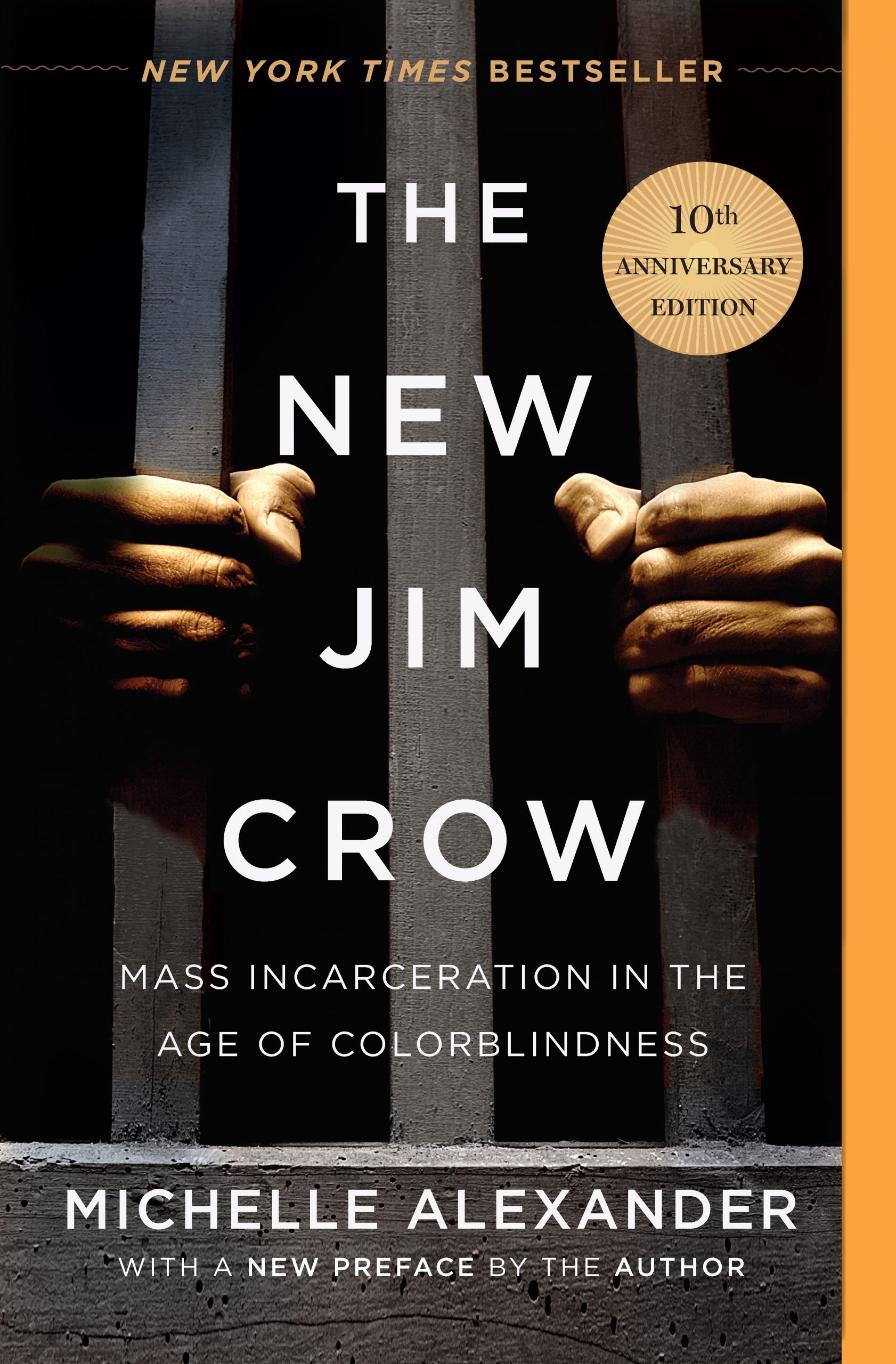
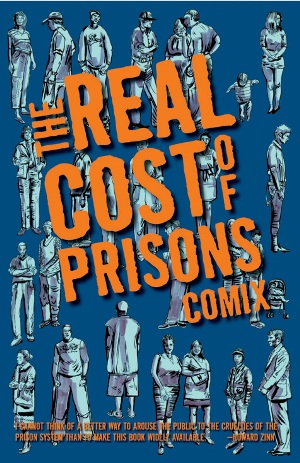
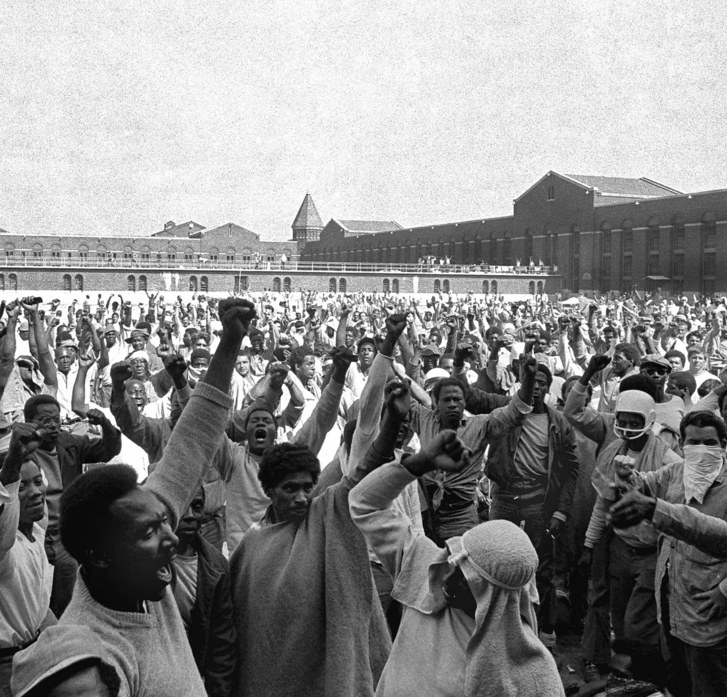
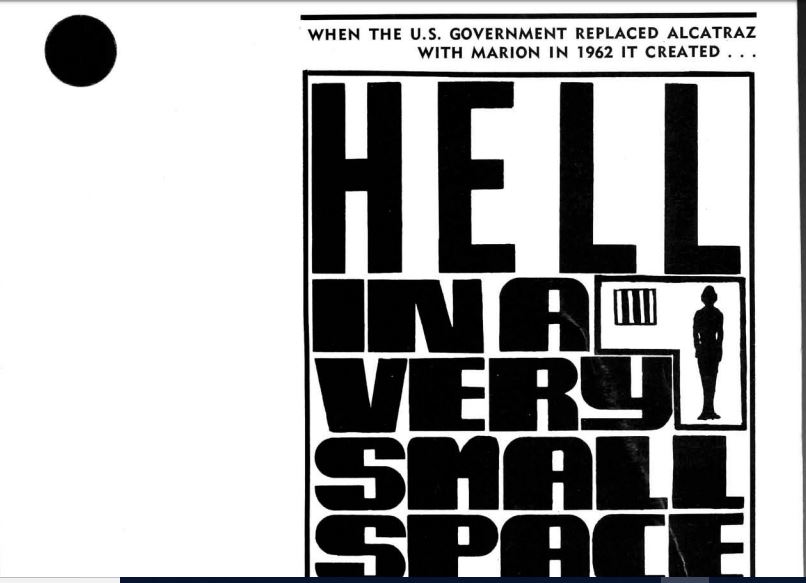





Twitter
Google plus
LinkedIn